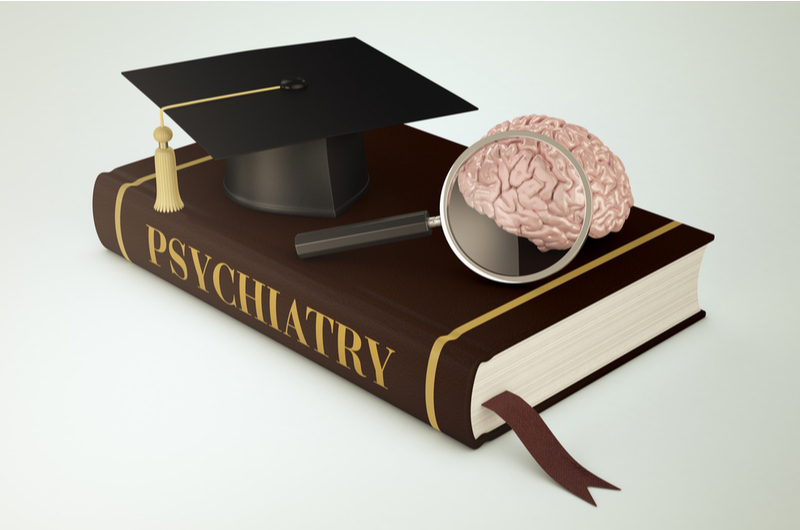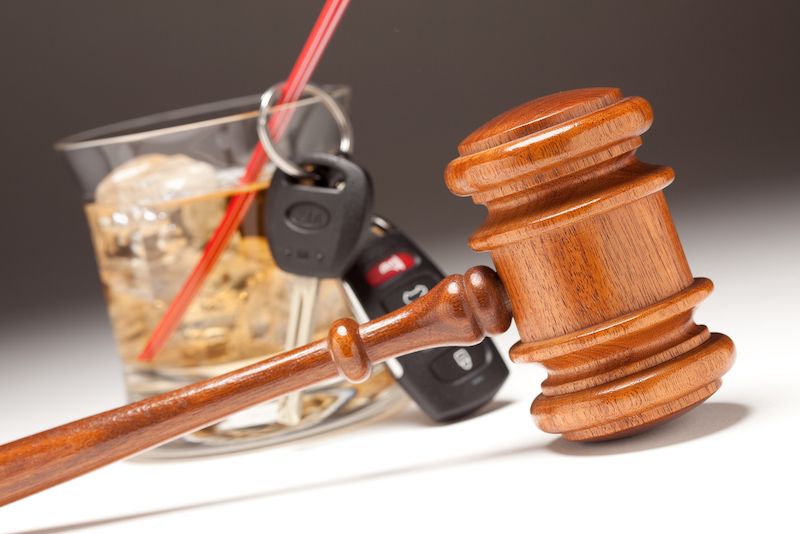Consumer goods are loved by the users and it is the products that you see in the retail markets. Consumer goods are the finished product which is final and these products are purchased by the users. Consumer goods are the most popular products that are bought by the general public. It can be helpful for a customer to buy consumer goods if they know about the proper consumer guides.
A consumer guide is the accumulation of guidelines for the consumers that helps them select the right products for themselves and their families.
The very first step before buying a product would be to research the product online. Even if you don't buy the product online it should be where your search for the product begins. Online shopping is nowadays becoming very popular and also for good reasons. Sometimes they cost less than buying the products physically after going to an online store. It is easy to get information about all the products that you are thinking of buying from online.
You can get information about the specs and the features of the products and you can compare the prices of the same product in different online shops. It is a good idea to keep an eye out for discounts. If you are buying things like gadgets and stuff that are related to technology then it is the best idea to first do your search online.
The products and features are listed on different online websites and you can compare the prices and also check other products that are similar to the one that you are buying. Many companies offer free shipping along with discounts that can save the cost of fuel and the hassle of going there personally. In other words, online shopping can save you both time and money.
It is also a good idea to go to the stores often after researching the goods online. It happens often that the prices are lower in the stores than you saw online. It can be more profitable to buy from physical stores if you are buying in bulks. If you are doing the shopping for the whole week or month of your family, it is better to visit the store physically. But you can do your research online first to ensure the health and fitness of your family.
Why Should You Use Us?
We at YourConsumerInsider want to make your shopping experience easier. As more information is available online nowadays, it is the best source to do your research before buying a product - let us do that for you! When you are buying in bulks even a small amount matters as the final difference gets huge and it would be definitely worth the trip and effort.
No matter where you decide to buy the consumer goods it is important that you are a smart consumer. Being a consumer that is aware of the goods that they are buying is very important to make sure that you are buying the right products that you and your family need. Being a smart consumer would take some efforts but the consumer guides are very helpful to guide a consumer through the process.





